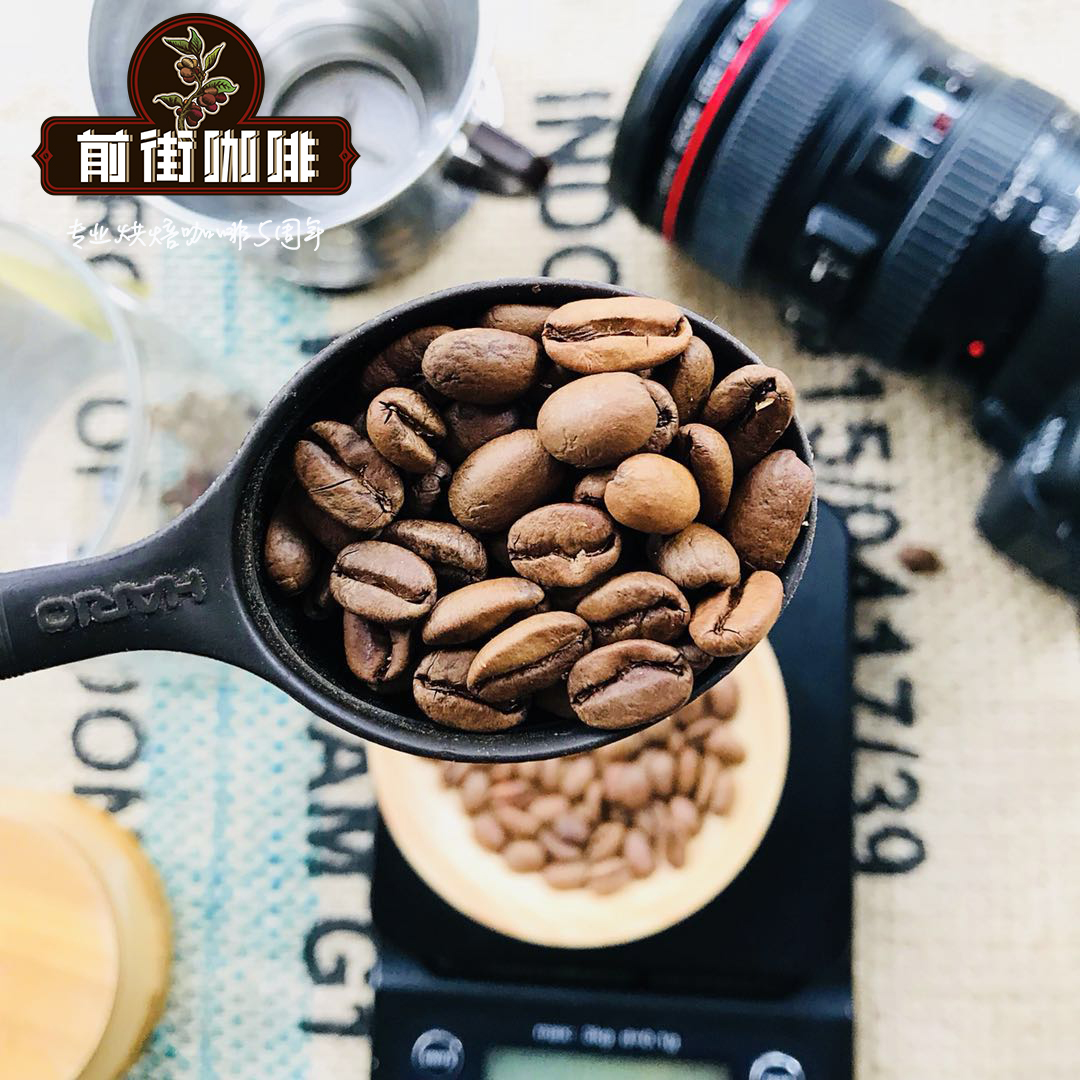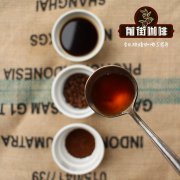Sidamo Red Cherry Project Skokuto Farm in Euramia introduces Essex boutique coffee

Suko Quto coffee grows in Oromia Region, one of the largest producing areas of Ethiopia, and the farm is located in Guji, to the south of Olamia, next to Sidamo and Gedeo. The Suko Quto farm covers an area of 221 hectares, with elevations ranging from 1830 to 1950 meters above sea level, and is characterized by severe cutting, including mountains, highlands, plateaus, valleys and plains. The soil on the farm is volcanic mud. Generally speaking, volcanic mud is a very fertile and fragile loam with a depth of at least two meters. The top layer is dark brown red soil. The most amazing thing is that the fertility of volcanic mud can be maintained by organic recycling. For example, through perennial coffee and shade tree litter (leaves, branches, etc.) or root leftovers Suko Quto Farm has a nursery for coffee tree seeds. Coffee farms do not have much manpower to maintain normal operation during the off-harvest season, and there are currently nine regular employees and 250 seasonal workers.
Name: Operation Cherry Red Red Cherry Action Skokuto (Suko Quto) Coffee
Country: Ethiopia
Producing area: Euramia Oromia
Grade level: G2
Altitude: 1830 to 1950 m
Annual rainfall: 1100,1200 ha
Soil quality: volcanic clay
Farm size: 9 regular employees and 250 seasonal workers
Certification: Fair Trade Fair Trade Association
Variety: a mixture of local ancient and traditional varieties
Treatment: washing and drying on scaffolding
International evaluation score: more than 89
Total pounds: 1500-3000 kg
Appearance: 17018 mesh
Acidity: very fresh, clean, less earthy, delicious citrus, moderate grape acid, meticulous and non-irritating, some tartar tannins, fresh mint
Complexity: very fragrant, soft, full of sweetness, exquisite taste, Yuyun scented tea against the upper jaw
Operation Cherrie Red's "Red Cherry Initiative" (ORC) is a project to promote quality improvement on small-scale farms, mainly to encourage soybean farmers and surprise bakers. Trabocca invites all Ethiopian suppliers to produce small batches of beans of about 1500-3000 kg before the harvest season. Women can only choose fully ripe coffee cherries, so 100% are harvested when coffee cherries are fully ripe. This will make a big difference to the brewed coffee. Ethiopian women who are careful and willing to work hard are the invisible driving force of the Red Cherry project.
Red Cherry Action (OCR) is also a reinforcing method, which can encourage suppliers to pay more attention to the process of selecting beans. The prices of these coffees are also relatively high. Red Cherry Action has water washing, sun drying beans, half-washing, half-sun, experimental coffee, etc. The main producing areas are Yega Sheffield (the production of Yega has been stopped in 2011), Sidamo, Penga Forest, Lekanti, Ken Bata, Iruba, Hara, Lim, etc. These are all coffee with unique flavor. Almost every producing area can produce washing, sun-drying beans, half-washing, half-sun and experimental coffee at the same time, which can fully show the flavor of Ethiopia beans. After receiving the coffee, they will be selected again. Beans that pass the cup test quality test in Ethiopia and the Netherlands will be paid a high bonus. The passing score of 2011 cups must be more than 88 points in order to become a good coffee for the red cherry project.
Trabocca, the promoter of the Red Cherry project, invests all the profits made in recent years in all cooperative farms. Trabocca stressed that this is a plan with no profit, so the company only uses four people, including the boss and secretary, to carry out the Red Cherry project, and other administrative related matters are supported by the parent company to reduce administrative expenses, and all the profits are returned to the cooperative farm.
Important Notice :
前街咖啡 FrontStreet Coffee has moved to new addredd:
FrontStreet Coffee Address: 315,Donghua East Road,GuangZhou
Tel:020 38364473
- Prev

Tanzania Coffee Bean | Black Crystal Manor August Cloud Coffee Bean Flavor and Story introduction
Michael, the owner of CloudsofAugust, the black crystal estate in BlackburnEstate, Tanzania, was born in Germany and has been growing coffee for more than 20 years. In 1971, Michael first visited East Africa and fell in love with this place. In 1983, he moved to Tanzania to live for a long time and reorganized his parents' farm. At that time, the coffee trees in the black crystal estate of BlackburnEstate were almost.
- Next

Kenyan guest Xi'an Winnie Manor PB how do you like round beans? how about Kenyan coffee?
North of Nairobi, located in the Thika producing area of Gethumbwini Estate, Kenya, is regarded as the best coffee in Africa at 1675 meters above sea level. The farm has a history of 80 years. It has been managed by France's SOCFINA since 1957. There are two main rainy seasons each year. The temperature is maintained around 15-26 degrees Celsius throughout the year. The coffee tree species is SL 28, which grows in the fertile red fire.
Related
- Detailed explanation of Jadeite planting Land in Panamanian Jadeite Manor introduction to the grading system of Jadeite competitive bidding, Red bid, Green bid and Rose Summer
- Story of Coffee planting in Brenka region of Costa Rica Stonehenge Manor anaerobic heavy honey treatment of flavor mouth
- What's on the barrel of Blue Mountain Coffee beans?
- Can American coffee also pull flowers? How to use hot American style to pull out a good-looking pattern?
- Can you make a cold extract with coffee beans? What is the right proportion for cold-extracted coffee formula?
- Indonesian PWN Gold Mandrine Coffee Origin Features Flavor How to Chong? Mandolin coffee is American.
- A brief introduction to the flavor characteristics of Brazilian yellow bourbon coffee beans
- What is the effect of different water quality on the flavor of cold-extracted coffee? What kind of water is best for brewing coffee?
- Why do you think of Rose Summer whenever you mention Panamanian coffee?
- Introduction to the characteristics of authentic blue mountain coffee bean producing areas? What is the CIB Coffee Authority in Jamaica?

